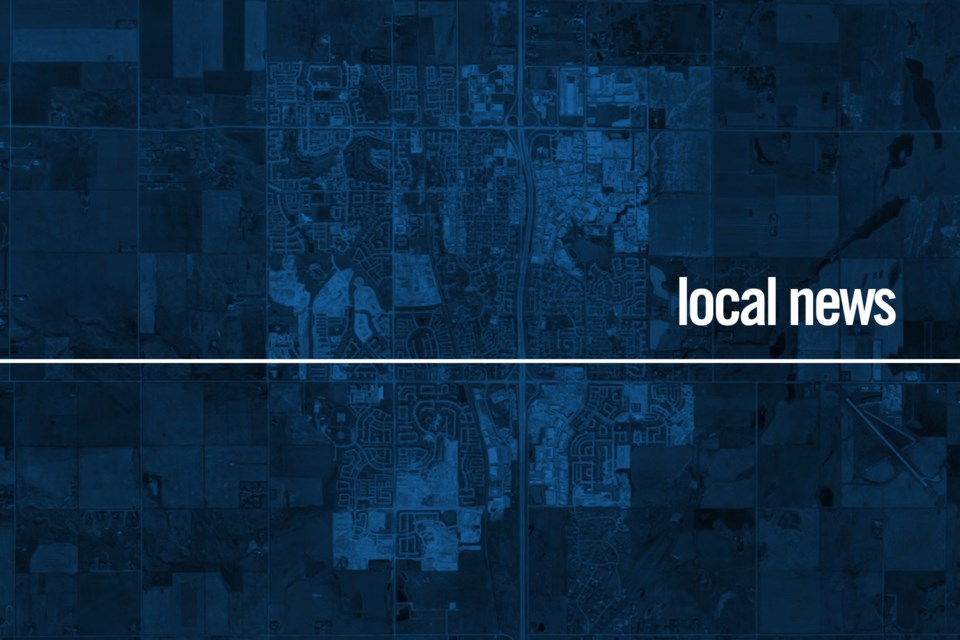LAKELAND - The amount of unpaid oil and gas property taxes northeastern Alberta - or District 5 according to a map from the Rural Municipalities of Alberta (RMA) - is over $72 million, which is the highest of the five districts across the province.
The map shows that the issue of unpaid oil and gas property taxes is province-wide, with District 1 in the most southern part Alberta recording $26 million in unpaid taxes, District 2 slightly north ot District 1 is recording almost $64 million, District 3 is reporting $29 million, and District 4 in northwestern Alberta is reporting $61 million in unpaid property taxes.
In March, Premier Jason Kenney spoke to the issue of unpaid oil and gas property taxes at the RMA's spring convention. Statements indicated "that the ongoing issue of unpaid property taxes by some oil and gas companies requires action from the Government of Alberta to solve," according to a statement from RMA.
The statements were made in response to the RMA’s member survey, which indicated that unpaid oil and gas property taxes increased by 3.3 per cent, to over $253 million, in the 2021 tax year.
Although the 3.3 per cent increase was described by the RMA as being "modest" when compared to other years, it still coincides with an increase in the number of new wells being drilled in Alberta.
Speaking at the spring convention, Kenney said "People have an obligation, a legal and moral obligation, to pay their taxes. And you’ve been very patient. Patient through the tough years when many of those companies, especially the mature dry shallow gas producers barely able to stay afloat, so you were patient, we were patient. But at these commodity prices, there’s no more excuses. These companies have got to pay what they owe you, period, full stop. And we will work with you to make sure that that happens.”
Resolution ER1-22S was carried on March 15, 2022, by RMA, stating, the RMA urges the provincial government to direct the Alberta Energy Regulator (AER) to "amend the directives, policies and other processes... necessary to require any company regulated by the AER to pay all current and historical municipal property taxes in full as a condition of operating in Alberta." The resolution further asks that the AER "replace its current practice of relying on industry self-reporting of property tax payments by collaborating with the RMA and rural municipalities to develop a system by which rural municipalities can easily share unpaid property tax information with the AER."
Taxes that are collected by rural municipalities are used to build and maintain infrastructure "and provide services used by the oil and gas industry, as well as other industries and Albertans," according to the resolution. "Rural municipalities dedicate an unusually high portion of their budgets to building and maintaining transportation assets."
Background in the resolution acknowledges that municipalities simply don't have the "tools and powers to enforce payment of taxes, and the Alberta Energy Regulator (AER), despite being responsible for regulating the oil and gas industry to ensure it operates responsibly and in the public interest, has been unwilling to take meaningful action to require oil and gas companies to pay taxes as a condition of operating in the province."
Last year, the province introduced a bill to allow municipalities to place special liens on oil and gas owners and operators that owe taxes, which applies to land with pipelines and equipment.
Companies have 120 days to pay their taxes, and if they don’t a special lien will be enforced. The liens apply for all of the debtor's property in the municipality.
The lien also will bump a municipality up on the priority list for creditors to be paid out if the company goes bankrupt.
The RMA’s survey asked municipalities to indicate whether they plan to implement the new special lien powers, and what barriers or challenges may impact implementation. Just over 50 per cent of respondents says yes, while about 35 per cent said no. The rest of respondents didn't provide an answer to the question.
A lack of clarity on how to implement special lien powers was the biggest barrier or challenge facing municipalities when considering using the special lien powers.
*With files from Jennifer Henderson



